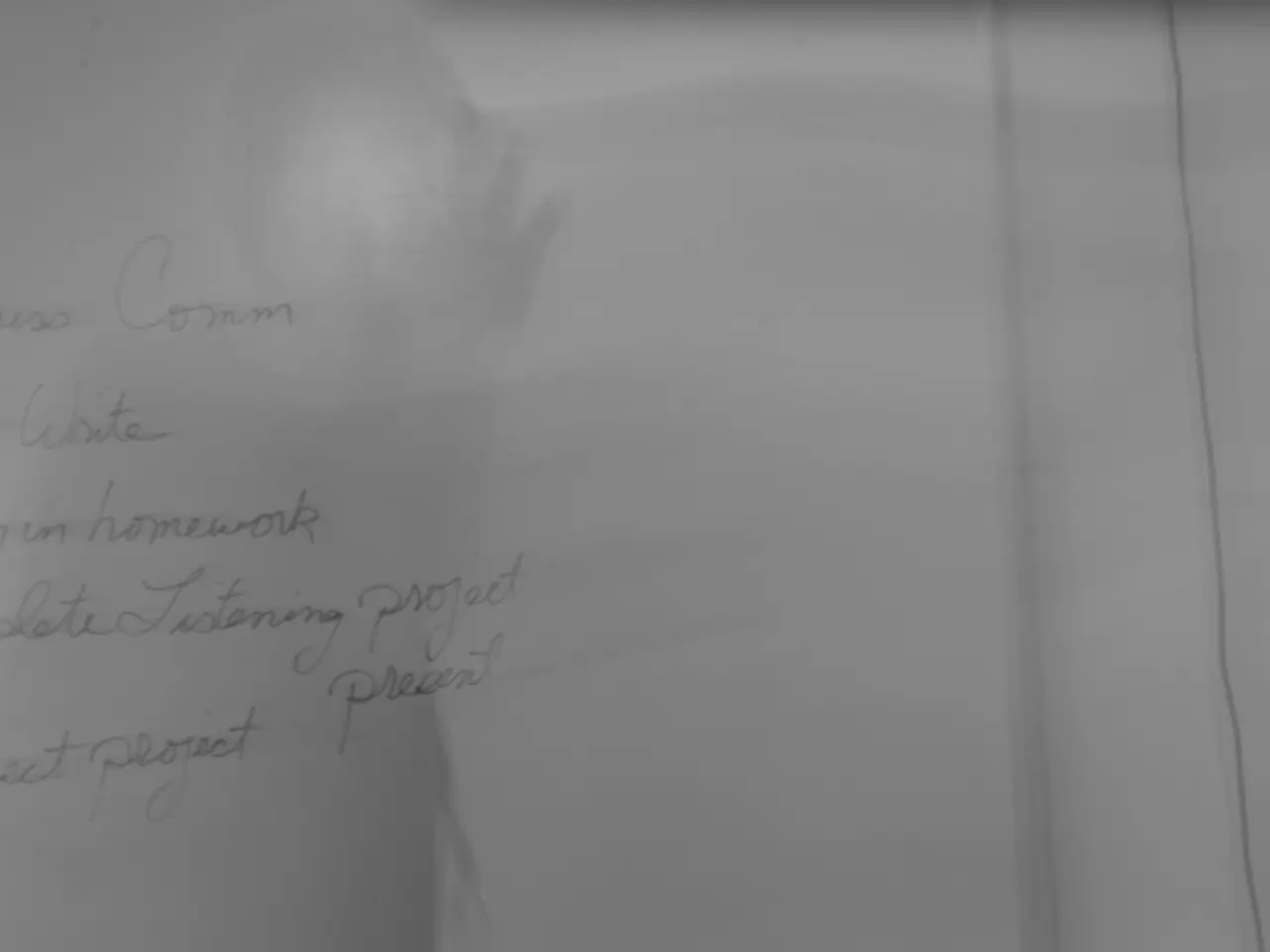U.S. Senator John Fetterman Introduces Legislation for Applying Anti-Money Laundering Regulations to the American Art Market
The US is set to take a significant step in the fight against money laundering and terrorist financing in the art world with the proposed Art Market Integrity Act. This bill, introduced by Senator John Fetterman (D-PA) and a group of bipartisan senators, aims to apply anti-money-laundering (AML) and counter-terrorism financing regulations to art dealers, auction houses, advisers, consultants, custodians, galleries, museums, collectors, and other intermediaries in the US art market.
If passed, the Act would give the US Treasury the authority to enforce certain AML policies and safeguards on these art professionals and institutions. This includes conducting due diligence on clients, maintaining records, and reporting suspicious transactions. The key provisions of the Act align the US with international standards, such as those in the UK, EU, and Switzerland, to close loopholes that have made the US a haven for illicit art transactions.
The Act specifies that works of art include original paintings, sculptures, watercolors, prints, drawings, photographs, installation art, or video art. It targets high-risk transactions but exempts artists and businesses with under $50,000 in annual art sales and all sales under $10,000 to reduce burdens on smaller entities.
The bill has received endorsements from various organizations, including the Antiquities Coalition, Transparency International U.S., the FACT Coalition, FDD Action, the American Jewish Committee, Razom for Ukraine, American Coalition for Ukraine, the Initiative for the Recovery of Venezuelan Assets (INRAV), the National Border Patrol Council, and the Federal Law Enforcement Officers Association (FLEOA).
However, the bill's success is not without skepticism. Erin Thompson, a professor of art crime at the John Jay College of Criminal Justice, expressed doubts due to the resistance major players in the art market have shown to past attempts to restrict their profits.
Notable cases highlight the need for such legislation. The US Department of Justice charged political advisor and Russian television contributor Dimitri Simes and his wife, Anastasia Simes, with violating US sanctions through schemes involving art and antiques. Similarly, art collector Nazem Ahmad was charged with violating and evading US sanctions by dealing $440 million in art and diamonds and using the proceeds to fund the Lebanon-based terrorist group Hezbollah. Russian construction billionaires Arkady and Boris Rotenberg were also able to purchase $18 million in art despite US sanctions imposed in 2014.
It is important to note that the bill does not include furniture or antiques, nor does it cover applied art such as product design, fashion design, architectural design, interior design, or mass-produced decorative art. The Act is a proposed legislation in the US and would bring the country in line with international AML standards, addressing vulnerabilities exposed by prior high-profile cases involving illicit use of art sales for laundering money or evading sanctions.
- The Art Market Integrity Act, if passed, would apply Anti-Money-Laundering (AML) and counter-terrorism financing regulations to various participants in the US art market, such as art dealers, museums, collectors, and galleries.
- The proposed Act would give the US Treasury the authority to enforce certain AML policies and safeguards on these art professionals and institutions, requiring them to conduct due diligence on clients, maintain records, and report suspicious transactions.
- The US art market, with its extensive art collection and influential art industry, has seen instances of money laundering and terrorist financing, as illustrated by several high-profile cases.
- Dimitri Simes, a political advisor and Russian television contributor, was charged with violating US sanctions through art and antiques schemes, highlighting the need for legislation like the Art Market Integrity Act.
- Art Collection, including works like original paintings, sculptures, watercolors, prints, drawings, photographs, installation art, or video art, fall under the Act's jurisdiction.
- To avoid burdening smaller entities in the art market, the bill targets high-risk transactions but exempts artists and businesses with under $50,000 in annual art sales and all sales under $10,000.
- The proposed Act has received endorsements from various organizations, including Transparency International U.S., the National Border Patrol Council, and the Federal Law Enforcement Officers Association (FLEOA), recognizing its importance in combating money laundering and terrorist financing in the art world.
- However, the bill's success is not without skepticism, as major players in the art market have shown resistance to past attempts to restrict their profits.
- The Art Market Integrity Act is a step towards aligning US policies and legislation in the art market with international standards, addressing vulnerabilities exposed by prior high-profile cases involving illicit use of art sales for laundering money or evading sanctions.




